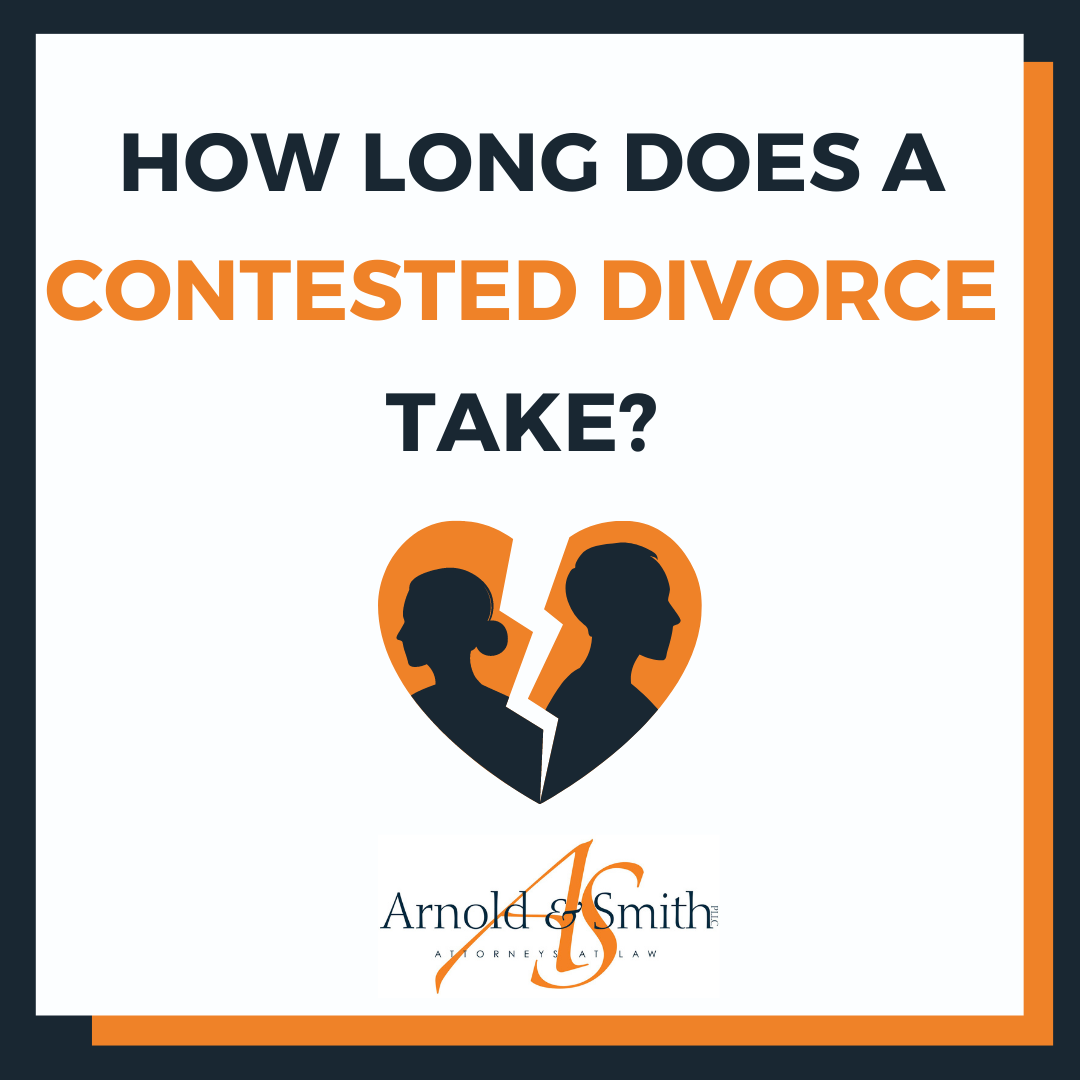 Alimony in North Carolina: What You Need to Know
Alimony in North Carolina: What You Need to Know
When couples divorce in North Carolina, they must split their assets and liabilities 50/50. In most cases, each party is able to continue their career and can live the same way they were used to during their marriage. However, in some instances, one spouse may be required to provide alimony, also called spousal support, to the other. These payments may be made in regular payments or sometimes in a lump sum.
What is the Purpose of Alimony?
 Charlotte Divorce Lawyer Blog
Charlotte Divorce Lawyer Blog


